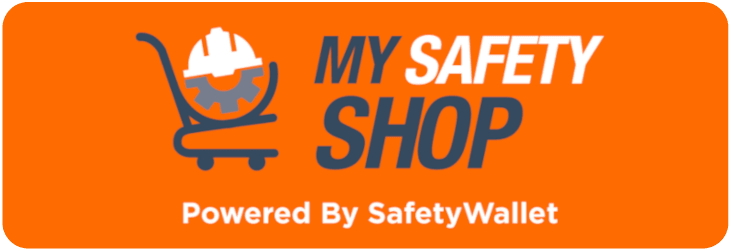Employers and Contractors OHS Compliance
Introduction to Contractor Risk
Despite the size of an organisation, at some point, employers may have to use a contractor for a task. There are some employers who make use of contractors on a regular basis, while others use them daily, for various tasks such as maintenance. It is imperative to outline contractor risk and supplier risk that they may pose on operations.
Despite the frequency with which contractors are used, many employers may be concerned with the best ways to balance two desirable goals:
- Running continuous safe operations, and
- Avoid becoming liable for negligence of contractors hired.
It is therefore imperative to outline and explore contractor and/or suppliers’ health and safety risks that they may pose on operations.
The general rule is that the employer does not owe a duty to ensure that the independent contractor appointed performs their work in a safe manner. However, should an employer exert too much control over the details of how the contractor must perform their work, they can be held liable for the acts or the omissions of that specific contractor.
Employers recognise, in addition to the duty that they have towards their direct employees, invitees, and even the public outside the premises, they also have a substantial economic interest in ensuring that the contractor appointed by them does not cause damage to either the facility or the ongoing operations of the business.
Thus, employers want to ensure that their contractors conduct their work safely. Simultaneously, as contractors have been hired for both their expertise and ability to conduct such work, employers see no reason in why they must be liable for the actions of their contractors.
Control over Safety
One of the predominant recurring issues for employers, is how much influence they can exert over their contractors where safety is concerned, without being held to have exercised such operational control, thus making themselves liable for actions of the contractors.
While there are specific areas of law that are fact-specific, the following is regarded as acceptable:
- Requiring that the contractor be compliant with all the safety rules and regulations of the organisations along with all applicable governmental and state laws.
- Issuing safe work permits.
- Ensuring that there is a representative of the organisation present at the workplace to indicate to contractor employees if they are deviating from the rules or regulations, and to remind them to do the work in a safe manner.
- Having, or exercising, the right to order the work to stop and to inspect the progress of the work, which can also mean receiving reports of progress.
- Regular attendance of the employer’s own representative at contractor safety meetings.
Retained Control
Even though an employer cannot be considered responsible in a general legal sense by requiring that the contractor adhere to, or follow, specific safety rules and regulations, there have, however, been cases that suggest there is a caveat to such a rule.
Where an employer exercises supervisory control, or they require that a contractor observe its workplace safety guidelines, the duty of reasonable care placed on the employer is commensurate with the control retained over the independent contractor.
Employers are, however, protected, as they are not held liable for a contractor’s employee merely because they retained control over safety conditions at the workplace. However, the employer is liable to a contractor’s employee should the employee be injured as result of the employer’s exercise of retained control.
Should the employer negligently exercise their control in a manner that can contribute to the contractor’s employee being injured, they are held liable in the eyes of the law.
How can SafetyWallet help Employers and Contractors’ Compliance?
SafetyWallet works to ensure that its subscribers are supported and assisted in all matters relating to health and safety, and through a partnership with MAKROSAFE and OHS Online, subscribers can ensure that they are a part in creating a safer, healthier, and more compliant working environment. To find out how you can ensure employer and contractor’s Health and Safety compliance, Contact Us.
MAKROSAFE have been assisting clients for more than 23 years with recommendations and risk assessments for a hazard-free environment.
MAKROSAFE / SAFETYWALLET / MY SAFETY SHOP are all in Partnership.
My Safety Shop offers a variety on Contractors requirements from Site Files to Contractor Induction Programme - Customistation of e-Learning Training Module. View All services on the My Safety Shop.


Comments (1)
The general rule is that the employer does not owe a duty to ensure that the independent contractor appointed performs their work in a safe manner.
2022-09-09 13:34:42Dear Aditya Thank you for your comment. I agree, contractors must perform their work in a safe manner. Follow this link for our free download to assist with employer and contractor management: https://www.mysafetyshop.co.za/Products/Free-Download---Employer-Contractor-H-S-Management-Programme
2022-09-12 09:03:17